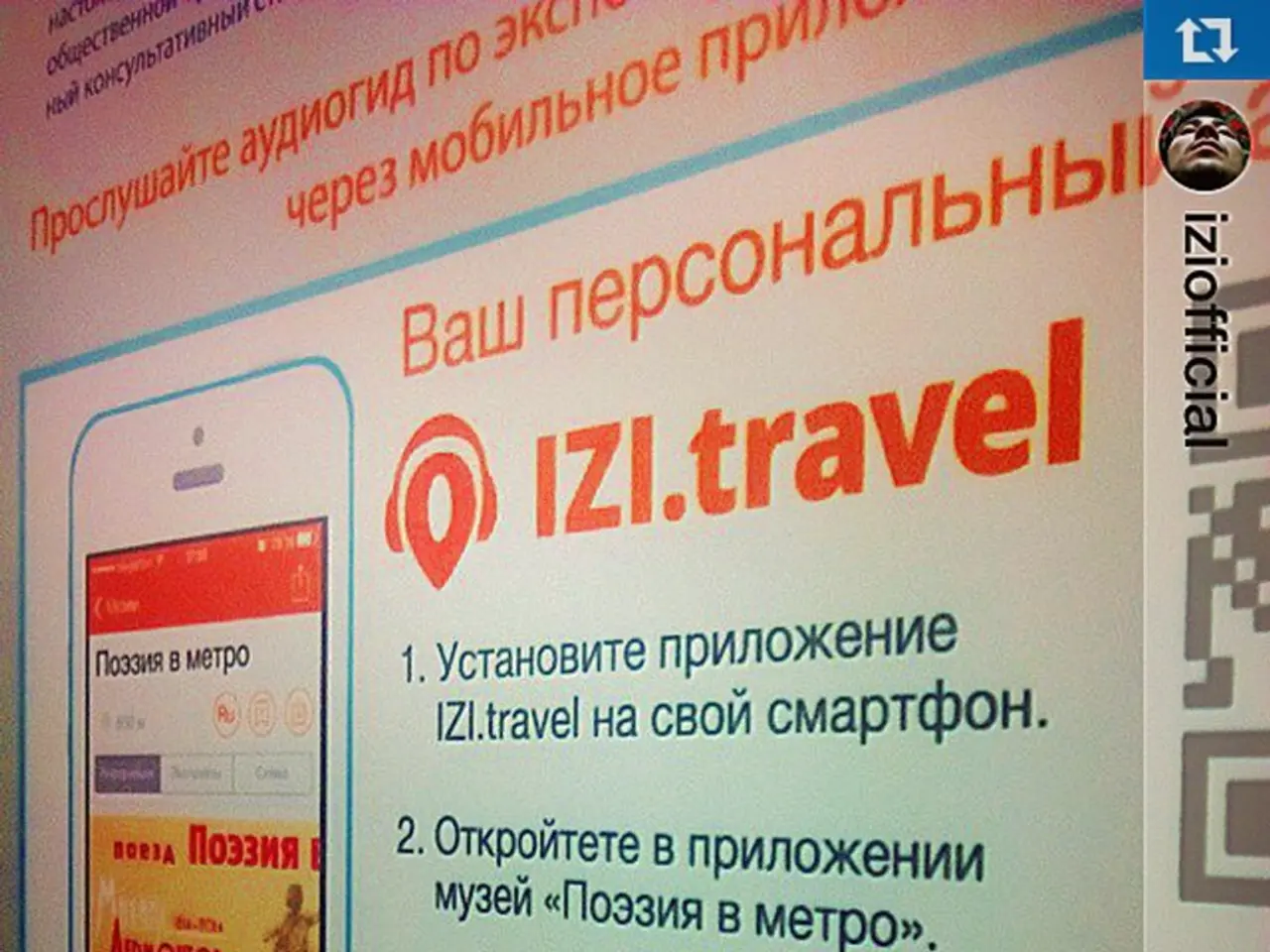April 23: A New Era for Card-to-Card Transfers
Banks Order Mandatory Condition for Russians: No Longer Allowing Card-to-Card Transfers
Hey there! Ready to know the latest buzz in the financial world? As of April 23, folks making card-to-card transfers need to buckle up. Here's why:
Starting now, active users will have to make a pit stop at VK – the popular Russian social media platform – to complete those transfers. Major banks, like VTB and Alfa Bank, are jumping on the bandwagon by setting up special services on VK. Why, you ask? Well, banks are whipping out some new-fangled tech that makes those familiar transfers a thing of the past without registering on VK.
Through VK, not only can you transfer funds from card to card, but you can also top up accounts, check balances, and flaunt your omnipotence in the world of banking. The catch? You've gotta have a VK profile for this madness to work; otherwise, your transfers might just end up hitting a dead end. Banks are spinning this as a move to beef up security, simplify client identification, and open up new possibilities for users.
Naturally, folks are raising eyebrows. Some find this move a quick-fix solution, while others see it as an unnecessary hassle. More banks are expected to hop on this bandwagon, as they sail towards integrating social networks, offering potential new services like paying for goods or nabbing loans via VK. Before you start swiping your cards, make sure you've got that VK profile ready to avoid any hiccups.
Here's the low-down on what's really going on:
- VK Registration For All Transactions: With this policy change, VK registration is a must for card-to-card transfers in Russia. This digital identity verification link ensures that users are legit and reduces the risk of anonymity and fraud in transactions.
- Security and Client Identification: The registration process aims to enhance client identification, aligning with Russia's goal of implementing biometric and unified digital identity systems. By linking transfers to VK accounts, authorities and banks can track and verify transaction participants, thus beefing up security and regulatory compliance.
- User Experience and Implications: While this surely enhances security, it could potentially limit some users who are reluctant or unable to use VK. This could affect foreigners and those without VK accounts, dampening their card-to-card transfer abilities in Russia. The integration represents a shift towards a digital identity-anchored financial ecosystem, potentially enabling new biometric and facial recognition payment services.
In a nutshell, this change is an effort to tighten financial security and fight fraud by establishing a verified digital identity for every transaction. While it may pose challenges for those unenthused about VK, it's all part of the continued expansion of biometric systems in Russian banking and payment infrastructure.
- Anastasia, who's keeping a close eye on the Russian financial market, finds the recent announcement intriguing – major banks like VTB and Alfa Bank are implementing a system to block card-to-card transfers unless the user has a registered profile on VK, a popular Russian social media platform.
- Despite some skepticism, this move is claimed to provide additional security and simplify client identification – a step towards implementing biometric and unified digital identity systems in line with Russia's goals.
- To ensure seamless business transactions, Anastasia will upgrade her VK profile, following the new requirement for card-to-card transfers; she's curious as to how this change will affect the overall banking and finance industry in the region.
- Alongside transaction security, this decision will also open up opportunities for new services, such as paying for goods or obtaining loans via VK, potentially transforming the Russian business landscape when more banks join the bandwagon.




